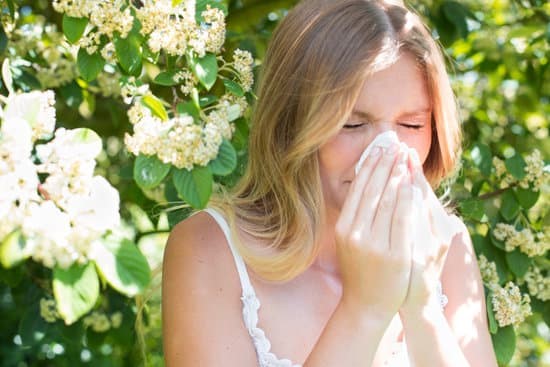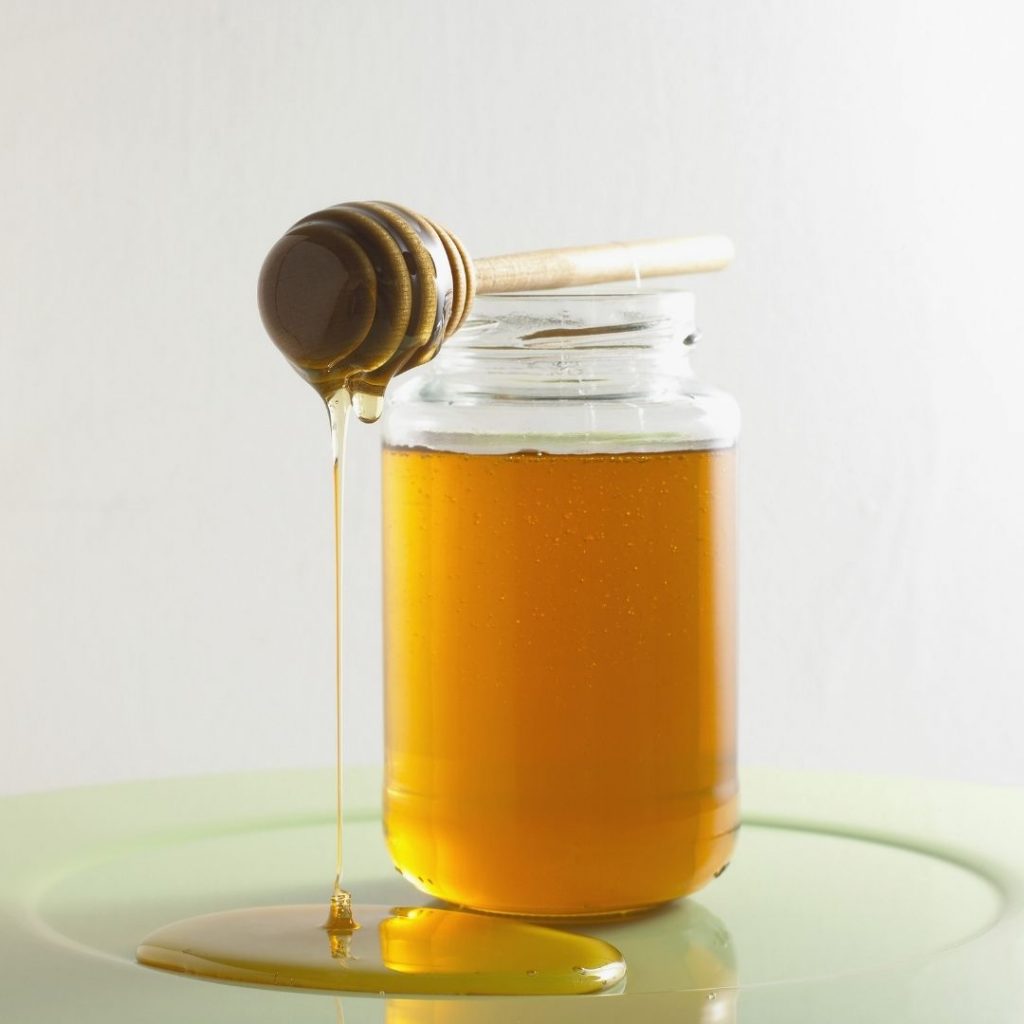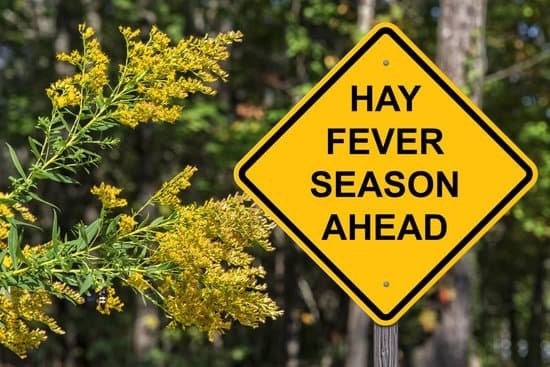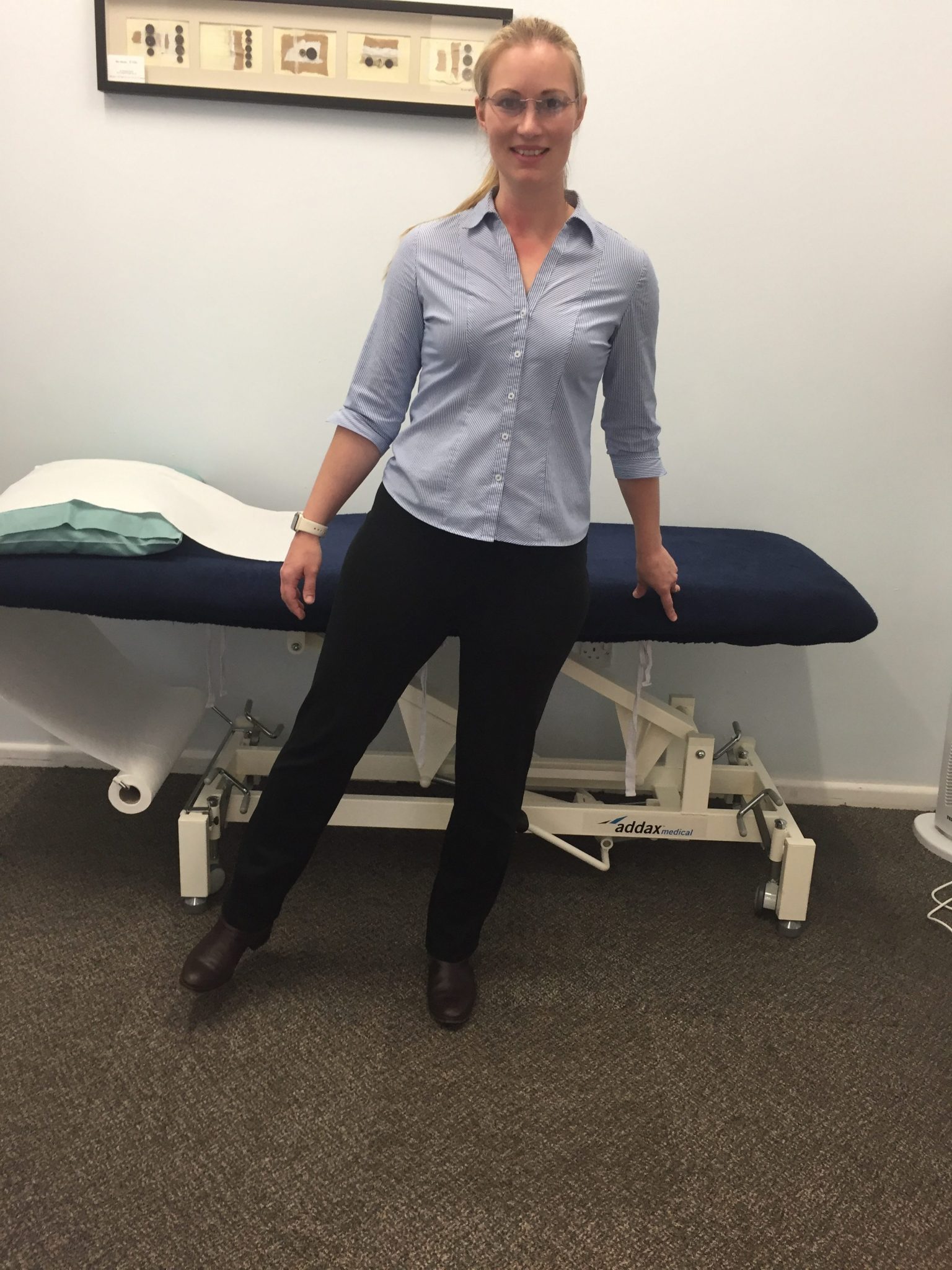Hay Fever – Natural ways to help
Hay fever season is fast approaching, just as we are going out and about a lot more due to the easing of lockdown restrictions.
Hay fever (allergic rhinitis) is an allergic reaction to pollen, and it affects between 10% and 30% of adults and as many as 40% of children1. An allergy to grass pollen is the most common, but also tree or weed pollen can be responsible. These occur at different times of the year:
Tree pollen – March – April (early spring)
Grass pollen – May – July (late spring and summer)
(Other triggers such as dust mites and mould can affect us all year round).
When we come into contact with these triggers, the immune system springs into action, and the following symptoms can occur:
- Watery, itchy, or puffy eyes
- Runny and itchy nose and/or a blocked nose
- Wheeziness
- Loss of smell/taste
- A tickly cough
- Fatigue
- Headaches
You are more likely to suffer from hay fever if you have an existing allergic condition such as asthma or eczema2.

When the immune system is activated, histamine is released, which plays a part in inflammation. Some people with allergies often have a higher histamine level. There are certain foods such as aged cheese and cured meats4 which are best avoided as they are high in histamine. Factors that can affect our body’s ability to detoxify/clear the excess histamine are liver health, gut permeability, low microbiome diversity and stress, as well as genetics, and these all play a role in how well our immune system deals with allergies5.
In order to prevent hay fever symptoms, it’s best to start putting supporting systems in place a couple of months before the season begins.
Conventional treatments can include anti histamines, decongestants and corticosteroids, which often have side effects such as drowsiness and hyperactivity6.
Nutritional approaches that may help*:
Foods to avoid:
- histamine rich food, such as cured meats, and aged cheeses4.
- foods that you are known to be intolerant to, as these will add to inflammation5.
- Processed foods7, sugar, gluten and dairy can cause inflammation in the gut and can lead to intestinal permeability, affecting our immune system (70% of the immune system is in the gut)8
- Too much caffeine, which can affect nutrient absorption9.
- Excess alcohol which can irritate the mucus membranes10.
- Too much red meat, which can be inflammatory11.

Foods to include:
- Drink plenty of water to help eliminate toxins and support immunity.
- Try consuming local honey as this can reduce hay fever symptoms.12
- Quercetin, an antioxidant found in many fruit and vegetables (apples, onions, garlic, green peppers, asparagus, broccoli, grapes, beans, and tomatoes), which is anti-inflammatory and a natural anti histamine.13
- Vitamin C and flavonoids (from berries, as well as peppers, broccoli, watercress, citrus fruit, peas, kiwi, papaya) which have been shown to inhibit histamine release14,15,.
- B vitamins are also important for supporting histamine clearance16.
- Essential fats – omega-3 can help reduce inflammation17,18 – found in foods such as oily fish, freshly ground flaxseeds, hemp seeds and walnuts. Aim for 2-3 portions of oily fish per week or supplement with an algae-based omega 3 if vegetarian/vegan.
- Probiotics can further help to reduce inflammation, and as gut health plays a big role in immunity, they may be beneficial if you suffer with many allergic conditions19.
- Spices like turmeric and ginger can also help reduce inflammation20.
- Nettle extract has the ability to block histamine activity, and other pro-inflammatory molecules involved in hay fever.21
- Bromelain is a digestive enzyme found in pineapples which has anti-inflammatory properties and can support immunity.22
*always take advice from your GP or health advisor/nutritionist before taking supplements, especially if taking medications.
Lifestyle factors that can help improve symptoms:
- Consider getting an air purifier, to filter out some of the airborne allergens.
- Close your windows when the pollen count is high.
- Avoid drying washing outside on high pollen days, and shower/change clothes on return to the house to help get rid of pollens.
- Monitor the pollen count by checking your local weather conditions. Pollen is generally higher in the morning and evening so factor this in.
- Vaseline or a balm applied to the nostrils can act as a barrier to pollen in the air.
- Eye drops can help by reducing inflammation/irritation and acting as a barrier against allergens.
- Cycling glasses wrap around the side of the eyes so may also help.
- Getting plenty of sleep – our sleep hormone, melatonin helps strengthen our immunity.
- Reduce toxins where possible, as these put extra strain on the immune system.
With the summer fast approaching, making some of these changes may help you to enjoy your time outside much more!
For more advice on supporting your immune system, why not contact Deborah, Nutritionist at Attend2Health.
REFERENCES
1 A global survey of changing patterns of food allergy burden in children – PubMed (nih.gov)
3 “Allergy and Hay Fever Medication Treatments & Symptoms.” https://www.rxlist.com/understanding_allergy_and_hay_fever_medications/drugs-condition.htm.
.
4 Rice, S. L., Eitenmiller, R. R., & Koehler, P. E. (1975). Histamine and Tyramine Content of Meat Products. Journal of milk and food technology, 38(5), 256-258. Retrieved 4 15, 2021, Histamine and Tyramine Content of Meat Products | Journal of Food Protection (allenpress.com)
5 Kukkonen et al. High intestinal IgA associates with reduced risk of IgE-associated allergic diseases. Pediatr Allergy Immunol. 2010; 21: 67-73.
6List of Nasal Decongestants Antihistamines & Side Effects (medicinenet.com)
9Inhibition of food iron absorption by coffee – PubMed (nih.gov)
10Effect of alcohol on cellular membranes – PubMed (nih.gov)
12 Asha’ari ZA, et al. Ingestion of honey improves the symptoms of allergic rhinitis: evidence from a randomized placebo-controlled trial in the East coast of Peninsular Malaysia. Ann Saudi Med. 2013 Sep-Oct;33(5):469-75.
13Quercetin and Its Anti-Allergic Immune Response – PubMed (nih.gov)
14 (PDF) Study of vitamin C therapy in allergic rhinitis (researchgate.net)
15 Clemetson. (1980) Histamine and ascorbic acid in human blood. J Nutr 110 (4): 662-68
16. Hagenlocher, Y., Lorentz, A. (2014) Immunomodulation of mast cells by nutrients. Mol Immunol (Epub ahead of print)
17 Calder. n?3 Polyunsaturated fatty acids, inflammation, and inflammatory diseases. Am J Clin Nutr. 2006; 83 (6): S1505-19.
18 Terano et al. Eicosapentaenoic acid as a modulator of inflammation, effect on prostaglandin and leukotriene and leukotriene synthesis. Biochem Pharmacol. 1986; 35: 779-85.
19 Kalliomäki M, Salminen S, Arvilommi H, Kero P, Koskinen P, Isolauri E. Probiotics in primary prevention of atopic disease: a randomised placebo-controlled trial. Lancet. 2001; 7;357(9262):1076-9.
21 Roschek B Jr et al. Nettle extract (Urtica dioica) affects key receptors and enzymes associated with allergic rhinitis. Phytother Res. 2009;23(7):920-6.
22Müller S et al. Placebo-controlled randomized clinical trial on the immunomodulating activities of low- and high-dose bromelain after oral administration – new evidence on the anti-inflammatory mode of action of bromelain. Phytother Res. 2013;27(2):199-204.
Louise Hampton
Related Posts
Latest Feedback
Google Rating
5.0 210 reviews
-
Emma Azzopardi ★★★★★ 5 months ago
I’ve attended the clinic with my newborn baby for cranial osteopathy to help with his silent reflux and wind, which is prevalent … More in c-section babies. The treatment has been a game changer in releasing trapped air and pockets of discomfort for him. Meghan is very gentle and has works wonders for my baby. Highly recommend! The photos show just how relaxed my son is by the end of the cranial osteopathy treatment. -
Tom Rutter ★★★★★ a week ago
After suffering with back pain for over 2 years, Homam has relieved any issues I have had in the past. As an athlete, this … More has took my training and competitions to the next level. -
Sid Sampson ★★★★★ 4 months ago
Joanne was really helpful today with my knee. She listened carefully to my problem, and was extremely thorough with her investigation. … More She also gave me a science lesson which helped me to understand my pain and how to safely help it heal.




